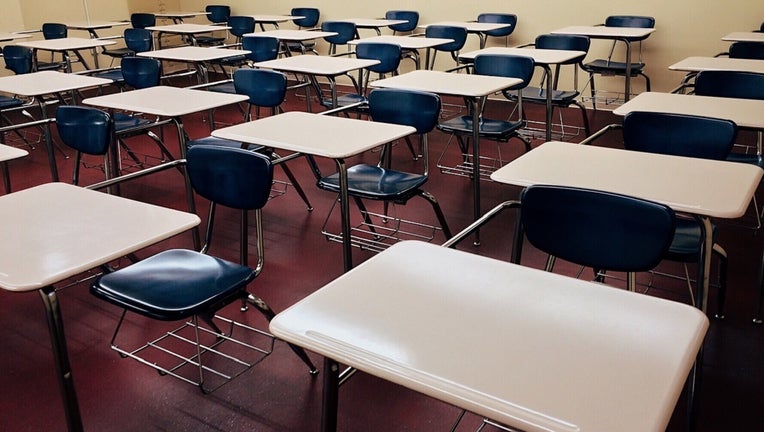Watchdog: Schools underreporting use of restraint, seclusion

(Pixabay)
A federal watchdog agency said Tuesday that public schools have significantly underreported their use of restraint and seclusion to control students' behavior.
The Government Accountability Office detailed reporting errors in which New York City, Philadelphia and other districts entered zeros in the Education Department's Civil Rights Data Collection for 2015-16 when they should have indicated the data was unavailable.
The GAO said seven out of 10 of more than 17,000 U.S. districts reported zero incidents of students being physically restrained or isolated in a separate area. The extreme measures are supposed to be used only when students are likely to hurt themselves or others but have been found to be disproportionately used on students with disabilities and on boys.
Education Secretary Betsy DeVos in January announced an initiative to address the inappropriate use of the measures. She said the Office for Civil Rights would work with the Office of Special Education and Rehabilitative Services to provide "technical assistance and support to schools, districts, and state education agencies, and strengthen enforcement activities."
The GAO said collecting accurate civil rights data is key to enforcing laws that protect students from discrimination on the basis of race, sex or disability.
"Absent reliable and accurate data, neither Education nor the public can know the prevalence of restraint and seclusion in public schools," it said.
Among school systems reporting zero incidents in 2015-16 were 10 of the nation's largest, each with 100,000 or more students. Fairfax County Public Schools in Virginia has since said it did have incidents that year, and reported more than 1,600 in the 2017-18 school year. Only the Hawaii Department of Education said the zeros actually represented zero incidents.
"While it is difficult to know the full extent of underreporting of restraint and seclusion in the CRDC, the fact that only one of the 10 largest districts that reported zeros actually affirmed that it had no incidents calls into question the data showing zero incidents for 70 percent of the nation's public school districts," the GAO report said.
It said the Education Department has repeatedly published data without always correcting known errors.
"We believe the 2017-18 data collection is at risk for similar reporting issues," the report said.
In its response, the Education Department agreed to clarify the reporting process for districts going forward, but said it would not be feasible to continuously correct past errors in published files. The civil rights data is collected every two years.
"We agree with GAO that data quality and accuracy are very important, particularly on an issue like restraint and seclusion, and because accurate reporting may assist in ensuring appropriate use of behavioral strategies and tools given the possibility of abuse that could arise if such tools are used indiscriminately," it said.

